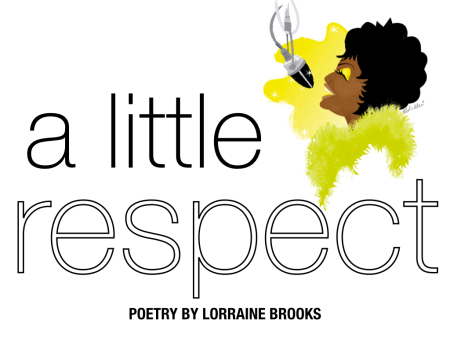Diana Ross’s iconic performance in Lady Sings The Blues inspires us to discuss the link between diabetes and depression and diabetes distress.
When Diana Ross chose to make her feature film debut playing the role of Billie Holiday in the biopic Lady Sings The Blues; there were more than a few skeptics. The Motown Queen’s solo career started as a slow burn – only one of her four post-Supremes albums to date had made the US Top 40.
Thankfully, she persevered through people’s doubts and the physically and emotionally grueling film production. Her captivating performance on film and record earned her an Academy Award nomination and a #1 solo Pop Album in the US — aptly, on the chart date that would have been Billie’s 58th birthday, April 7, 1973. The double LP features Ross singing gems from the tragic singer’s catalog, such as God Bless The Child, Strange Fruit, and the title song.
Sadly, Billie Holiday had already been gone for 13 years when Lady Sings The Blues was released.
Why Is It Called the Blues?
If you’re feeling blue, symptoms include sadness, lack of sleep, or loss of appetite. Depression has these symptoms and more, including prolonged insomnia, significant weight loss or gain, and extreme fatigue or disinterest in regular activities.
Many people with diabetes struggle with depression. The daily demands of diabetes can be stressful and lead to symptoms of depression. Diabetes can cause complications and health problems that may make symptoms of depression worse. Don’t be afraid to seek help.
What Is Diabetes Distress?
According to our friends at Diabetes.UK, diabetes distress is what some people feel when they’re overwhelmed by the relentlessness of diabetes. This can lead to diabetes burnout.
Billie Holiday was a true artist of her day and became a social phenomenon in the 1950s. Her soulful, unique singing voice and ability to boldly turn any material she confronted into her music made her a superstar of her time.
Today, Billy Holiday is remembered for her masterpieces, creativity, and vivacity, as many of Holiday’s songs are as well known today as they were decades ago. Holiday’s poignant voice is still considered to be one of the greatest jazz voices of all time.
Billie Holiday inspires us to talk about the ‘MILESTONES’ related to diabetes wellness with a stellar lineup of guests featuring Patricia Addie-Gentle RN, CDCES, Susan Wiener RD, CDCES, Best-Selling Author Brenda Novak, Poet Lorraine Brooks and Mama Rose Marie.
This Divabetic podcast features music from across Billie Holiday‘s extraordinary career, including What A Little Moonlight Can Do, Them There Eyes, That Ole Devil Called Love, Blue Moon, Strange Fruit, God Bless the Child, and more courtesy of SONY MUSIC.





















